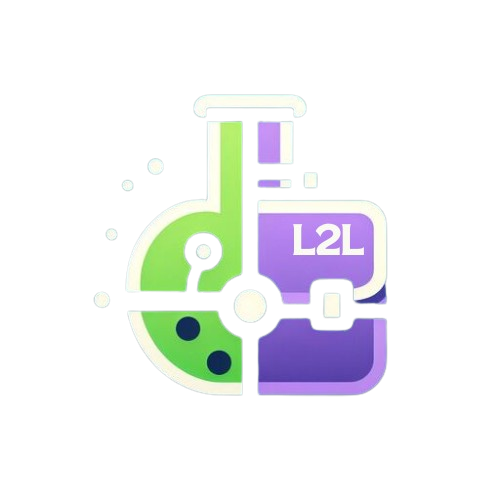Mental Health
The Criminal Mind and Mental Health
By Maroun Tarabey
October 14th, 2024
A Paradigm of Complex Psychiatry
I do not understand what I do. For what I want to do I do not do, but what I hate I do¹.
As seen with these words from Saint Paul, the understanding of human disobedience goes beyond modern history, with crime remaining eternal. The human mind is a complex labyrinth of contradictions, oxymorons, and unexplainable phenomena that escape the minds of most. What is clear, however, is that the mental health of many lawbreakers typically reaches rock bottom, leading to depravity. How, then, can we come to understand the minds of criminals with mental illnesses? Furthermore, can we even begin to treat what plagues their minds in the first place?
What Is Criminal Psychiatry?
Criminal psychiatry, also known as forensic psychiatry, is a specialized practice that involves treating individuals in the criminal justice system, while also decrypting their psychological processes for the courtroom. A unique aspect of this profession is their relationship with the patient. Unlike traditional psychiatrists, forensic psychiatrists often refer to their patient as the defendant or the claimant. They may also:
- 👨🏻⚖️ Make court appearances as expert witnesses
- ⚖️ Evaluate defendants for trial
- 🔎 Diagnose mental health conditions in a legal context
- 🤔 Determine whether an individual is dangerous, ready for pardon, or suitable for rehabilitation
Their responsibilities include:
- cPerforming medical history evaluations
- Conducting psychiatric and psychological assessments
- Assessing social factors and environmental influences
According to Salary Expert, forensic psychiatrists in Ontario earn on average 💲244,280 per year, with a range of 💲165,250 – 💲315,609 depending on seniority².
Education Path
🎓 The path to becoming a forensic psychiatrist in Canada typically involves:
- Undergraduate Bachelor’s Degree: 4 years
- Medical School (MD): 4 years
- Psychiatry Residency: 5 years, including:
- 1 year of general medical training
- 2 years of junior residency: hospital-based and ambulatory care placements
- 2 years of senior residency: research electives and training junior residents
- Forensic Psychiatry Fellowship: 1 year
- Board Certification: Completion of the Royal College of Physicians and Surgeons of Canada Exam in Forensic Psychiatry
Work Environments
Forensic psychiatrists typically work in:
- 🏥 Hospitals
- 🏢 Private offices
- 🏛️ Courtrooms
- ⛓ Correctional facilities
Distinguishing Psychiatry from Psychology
Aren’t criminal psychiatrists the same as criminal psychologists No ❌ While both professions overlap, there are important differences:
- Forensic Psychiatrists hold MDs, prescribe medications, and provide treatment.
- Forensic Psychologists hold Master’s or PsyD degrees, and typically:
- Conduct research into criminal mental health
- Assess trial competency
- Perform risk assessments
However, psychologists cannot prescribe medications or formally diagnose within the legal system.
Training Resources
For more information on Canadian forensic psychiatry programs:
- University of Ottawa – Division of Forensic Psychiatry
- McMaster University – Forensic Psychiatry Program
- University of Toronto – Forensic Psychiatry Fellowship
- University of British Columbia – Residency Program in Psychiatry
- University of Alberta – Forensic Psychiatry Residency Program
Conclusion
Forensic psychiatry plays a critical role in addressing mental health within the justice system. The stigma around mental health is particularly amplified in prisons, making this profession invaluable. By working to understand and treat individuals within the justice system, forensic psychiatrists not only aid in rehabilitation but also contribute to reducing societal stigma. Ultimately, the more we understand each other’s problems, the better we become at treating them.
Footnotes
- Romans 7:15–20
- SalaryExpert (2024) Forensic Psychiatrist – Ontario, Canada.
References
- Canadian Medical Association (2019) Psychiatry Profile
- Indeed Editorial Team (2024) What Is a Forensic Psychiatrist? (And How to Become One)
- Martone, C. (2022) The Role of a Forensic Psychiatrist
- Maryville University (n.d.) Forensic Psychology vs. Forensic Psychiatry
- Royal College of Physicians and Surgeons of Canada (2024) Format of the Examination in Forensic Psychiatry
- University of Calgary (2021) Postgraduate Medical Education – Length of Residency Training Programs
